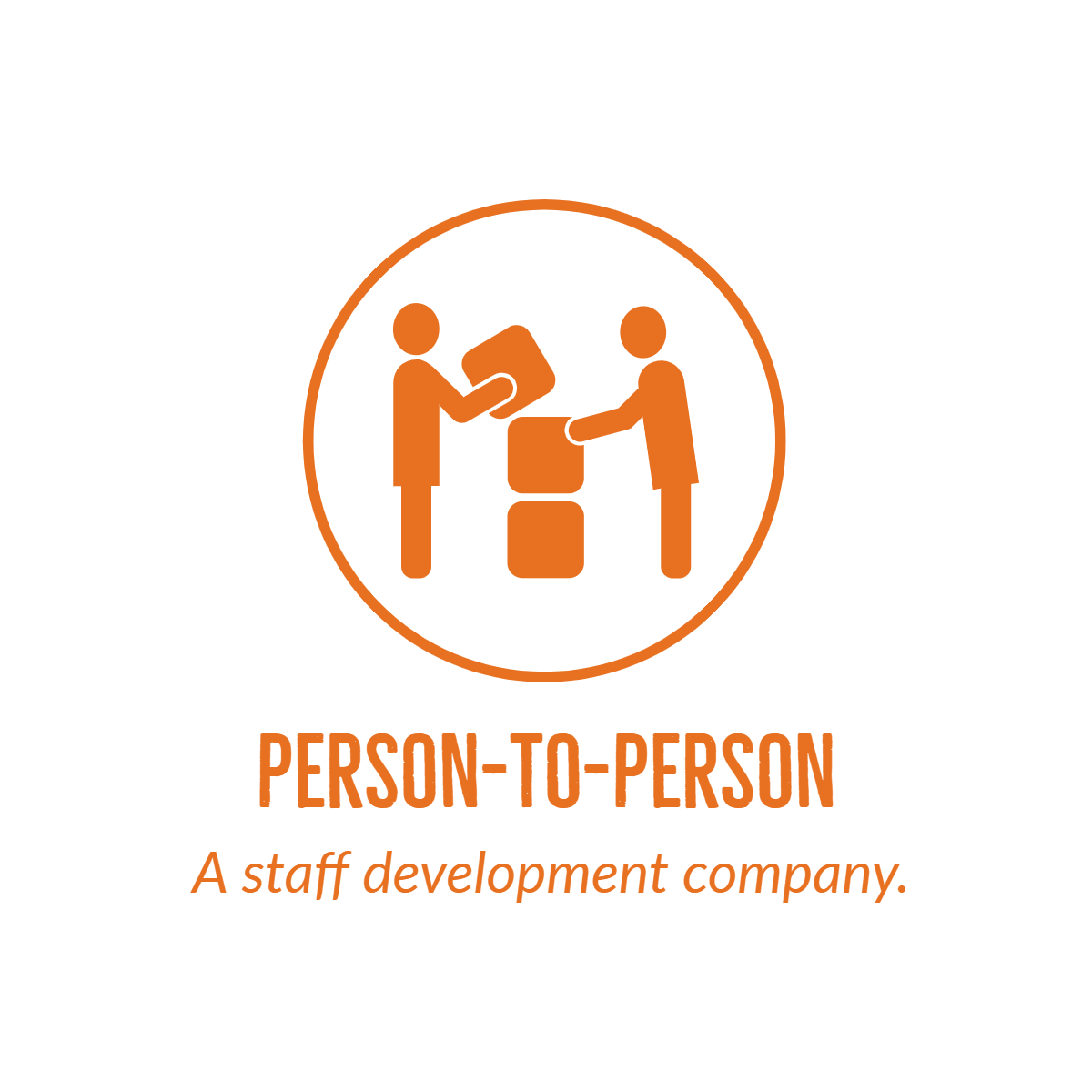Setting Meaningful Professional Goals
Timely advice from Audra Linn, LCSW on how to convert what can be a tedious exercise to set annual goals into useful objectives to promote career growth. (Click here to view a video version.)
You’ve just finished the December scramble to complete year-end reviews, and have likely put together some company-focused SMART goals with your manager for the coming year [Specific, Measurable, Achievable, Relevant, Time-bound]. But chances are that setting those goals felt like an obligation rather than an opportunity for reflection and creating action items truly relevant to you. Never fear, we’ve got you covered.
First, did you actually read your manager’s feedback in your annual review? Or did you just skip to the part that tells you how much they will be paying you in 2024? No judgment here! The main reason most of us work is for compensation. However, it would be worthwhile to go back at some point and read what your manager wrote about your growth opportunities. Constructive criticism can be tough to hear, but if you want to move forward in your career, it is essential for you to not only listen but to adjust your behavior based on manager and peer feedback. When the time comes, put yourself in a frame of mind to honestly consider the feedback: grab a fresh cup of coffee, take a breath, and get ready to dive in. Once you’ve digested the feedback, plan time to take a walk to think through the feedback, or talk things out with a friend or colleague to help validate or better interpret the recommendations.
Let’s assume that you and your manager were able to craft some initial goals around the areas where you would benefit from improvement.
Do you agree that you need to work on these areas? If not, what do you do about that? Any time you receive feedback it’s important to recognize the validity of how others perceive us, even if we don’t agree. The rest of the world is not privy to our internal monologue which is full of context, rationalizations, and good intentions. They just see output, so output is what we need to address. Try to reframe the initial goals into how you can get the biggest bang for your buck. Said another way, the biggest observable change for the smallest amount of effort. This change in output or behavior is how your manager will measure improvement the next time year-end reviews come around.
Here are a couple of examples we’ll be revisiting throughout this article:
Manager Feedback:
- My manager says I need to be more open to the ideas of others and work on flexibility when a project needs to pivot.
- My manager says I do excellent work but sometimes my attention to detail results in missed deadlines that holds up the team.
In addition to general changes in behavior such as the goals above, you may be given specific goals associated with projects you’ve been assigned to for 2024, new or recurring job requirements, or KSAs you will be expected to achieve by the end of the year (Knowledge, Skills, and Abilities). If you’re like most people, there are some goals you are excited about and some you are not. Odds are the goals you are excited about feel aligned with your career aspirations, an inherent area of interest, or your professional values.
It’s probably obvious that the goals you are interested in are going to be easier to work toward than the goals you are not looking forward to. The key here is to try to align the objectives you are less than thrilled about to something you are invested in.
Answer for yourself: “What’s in it for me?”
Take a moment to think about three fundamental ‘What’s in it for me?’ [WIIFM] categories:
1. Career Aspirations – Some people know exactly where they want to be in 5 years, 3 years, or 1 year. This makes setting goals easier as you have a clear destination in mind and potentially a job description to give you markers to work toward along the way.
2. Area of Interest – Some of us have certain topics within our field that we find inherently interesting. These are the things that we research on our own or get sucked into without meaning to while at work. Working these into our goals makes growth feel exciting.
3. Professional Values – Some of us have a strong internal compass that motivates what we care about and how we conduct ourselves in the workplace. Leveraging what you already believe to be important helps make the work we do feel inherently worthwhile.
Let’s return to our examples from before and see how we might apply the ‘WIIFM’ approach to better align manager feedback with things we care about.
Manager Feedback #1:
- My manager says I need to be more open to the ideas of others and work on flexibility when a project needs to pivot.
What’s In It For Me:
Career. This skill is relevant to your career aspirations if you want to have a better reputation with your colleagues, move into special projects or management, or be given tasks that rely on collaboration. If any of these things ring a bell, this is your opportunity to buy-in.
Interest. This skill may not be aligned with an area of interest on the surface, but it is likely a barrier to getting to work on that special project you’re gunning for. You might be wasting time fighting for a project you are lukewarm on when pivoting could give you time back to spend on the things you find more compelling.
Values. This skill is important if you value new ideas and innovation, care about your relationships with your colleagues, believe in efficiency and productivity, or value flexibility as a core value. When our behavior and our values are not aligned, it prompts change.
Manager Feedback #2:
- My manager says I do excellent work but sometimes my attention to detail results in missed deadlines that hold up the team.
What’s In It For Me:
Career. Missed deadlines are going to hinder promotion. Plain and simple. This is too easily measured for managers to let slip by and will likely come up again and again as barriers to getting where you want to be in your career.
Interest. The problem here might be that these tasks are those you want to do a deep dive on because they are inherently rewarding and interesting, but your detailed efforts might not be appreciated by others around you. Time to pivot. The faster you get it done, the more time you have to research without the constraints of others’ expectations.
Values. If you are getting this feedback, you are likely someone who values attention to detail and “doing things right.” You can challenge yourself to let go of perfectionism in favor of another value like courtesy to colleagues, being a person of your word, or efficiency.
Your updated goals should incorporate management-driven feedback while also integrating a genuine motivation for working toward the goal.
Revised Goals:
- In 2024, I will work to be more open to the ideas of others and be ready to pivot when needed. This skill will help foster innovation within my team and prepare me to take on more responsibility, perhaps advancing into a management role within the next 3 years.
- In 2024, I will hit 90% of my deadlines to improve team efficiency and reduce frustration among my colleagues. This goal will help enhance my professional reputation for being not only accurate but also timely and dependable.
Now that we’ve addressed your individual feedback and annual goals, what about handling other company priorities or large projects that you’re not excited about?
Start by applying the same principles to find ‘what’s in it for you’. If that’s a struggle, another strategy is to focus on efficiency and time-management so that you minimize the amount of time you spend working on things that are less enjoyable. Here are some useful strategies you might try: time blocking, utilizing the times of the day you have the most mental bandwidth to tackle the least favorite tasks, rewarding yourself for completing things, celebrating milestones (even small ones!), delegating where you can, and contributing to keeping meetings on-task.
Sample Goals for Uninteresting Projects:
- In 2024, I will strive to complete the [boring task] with increased efficiency so that I have more time to invest in projects that interest me and offer opportunities for promotion. I will adhere to management expectations and deadlines without over-exerting myself or trying to set new standards for efficiency in the process.
- In 2024, I will contribute meaningfully to [uninteresting project] by participating in meetings and accomplishing my tasks promptly while using the opportunity for cross-departmental collaboration to network in the direction of my career goals. I will limit time spent on this project in favor of excelling at [interesting project] with the goal of having similar opportunities in this area in the future.
Notice that these goals have been crafted to meet company needs but also take into account your personal WIIFM. In the ‘boring task’ example, we don’t want to do the task we hate so well that we set a new back-breaking standard. We want to do it efficiently so that we have more time to invest in the things that we care about. For the ‘uninteresting project’, we found the silver lining of having a networking opportunity. We also plan to use our internal resources wisely, prioritizing doing an exceptional job on the project that will further our interests in the future.
We hope these suggestions breathe some new life into your professional goals for 2024!
Audra Linn, LCSW January 2024





